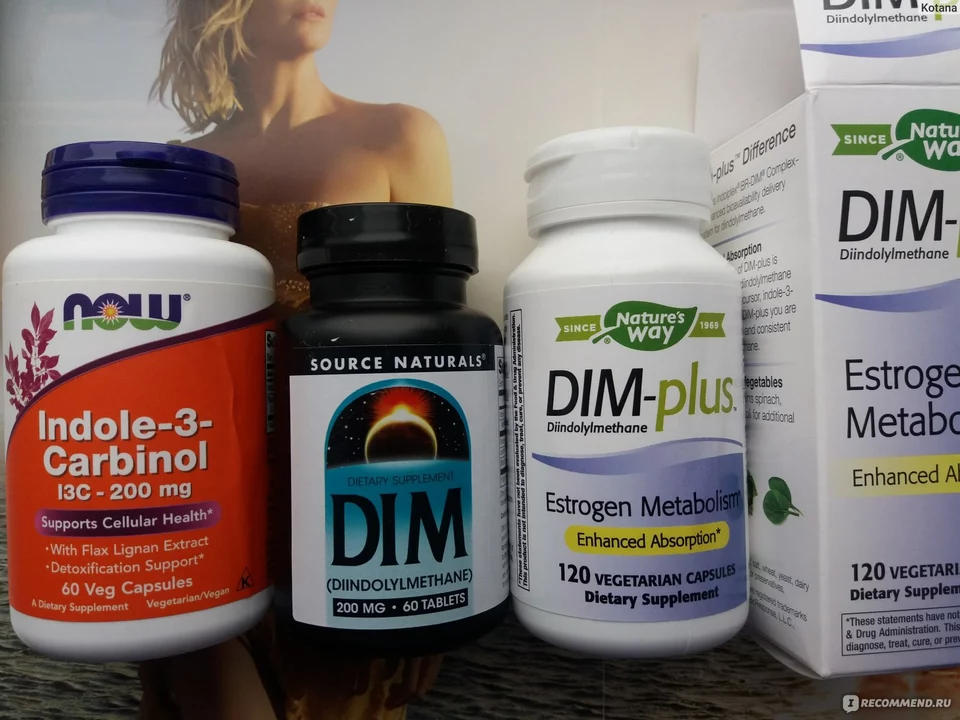Indole-3-Carbinol (I3C): What It Does and How to Use It
Here’s one straight fact: indole-3-carbinol, usually called I3C, is the compound your body makes when you chop or chew cruciferous veggies like broccoli and cabbage. Scientists are interested because I3C changes how your body handles hormones and some toxins. That makes it popular for people worried about estrogen-related issues and for general detox support.
What is Indole-3-Carbinol?
I3C is a natural plant compound. When you eat raw or lightly cooked cruciferous vegetables, the plant enzyme converts glucobrassicin into I3C. In your gut I3C can turn into other compounds, including DIM (diindolylmethane), which might be the main active form doing most of the work.
Researchers have looked at I3C for several reasons: it may shift estrogen into less active forms, support liver detox enzymes, and show anti-inflammatory or anti-cancer signals in lab studies. But human evidence is mixed — some early trials are promising, but I3C is not a proven cure or guaranteed preventive agent for cancer or hormonal disorders.
How to Use I3C Safely
Want practical steps? First, try food: eat more broccoli, Brussels sprouts, kale, cabbage, and cauliflower. Raw or lightly steamed veggies give you more of the active compounds than long-cooked food.
If you consider a supplement, look for reputable brands that list I3C or DIM clearly and use third-party testing (USP, NSF, or similar). Typical supplement doses people use range around 200–400 mg daily for I3C, but studies vary. Start low — maybe half the recommended dose — and watch for side effects like stomach upset, headache, or a change in menstrual bleeding.
Important safety flags: I3C can affect liver enzymes (CYP enzymes) and may change how some drugs work. If you take hormone therapy, birth control, tamoxifen, or other prescription medicines, talk to your doctor first. Also avoid I3C supplements if you’re pregnant or breastfeeding — we don’t have enough safety data.
If your goal is hormone balance (for fibroids, endometriosis, or acne connected to hormones), tell your clinician before starting I3C. They can help check interactions and track symptoms or lab changes. For general health, focusing on a varied diet with plenty of cruciferous vegetables is a low-risk, effective start.
Bottom line: I3C is an interesting, food-based compound with real biological effects. Use vegetables as your foundation, be cautious with supplements, and get medical advice if you’re on medications or managing a hormone-related condition.




